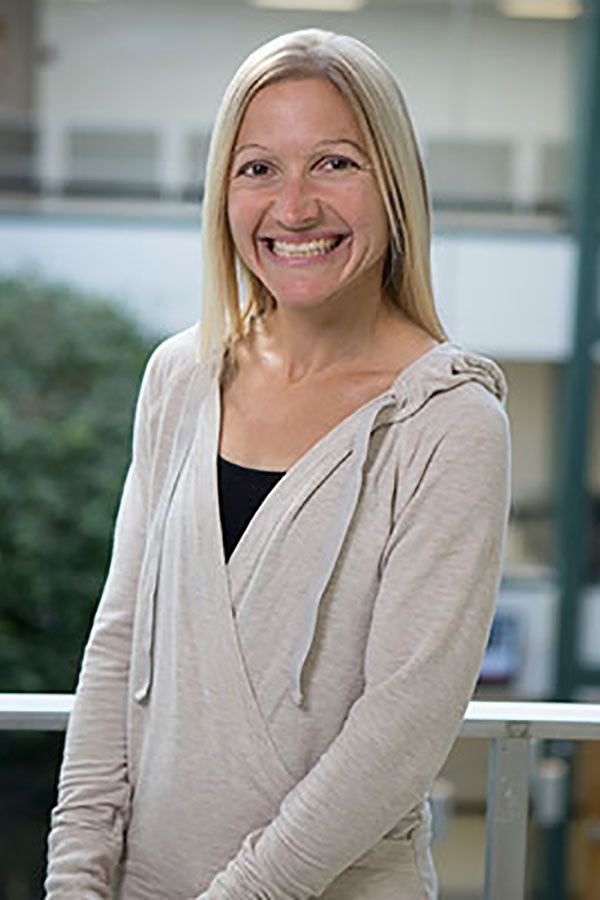Jamie Mayer

Associate Professor
School of Allied Health & Communicative Disorders
College of Health & Human Sciences
Course(s) Targeted by this Innovation
AHCD 494: Workshop in Allied Health and Communicative Disorders
Purpose and Impact
By 2050, Alzheimer’s disease and related dementias (ADRD) could become one of the single greatest burdens on healthcare systems, with prevalence expected to exceed 13 million in the United States alone - double the current number of Americans with ADRD (Alzheimer’s Association, 2022). Moreover, because disease-modifying treatments for dementia (including AD) continue to elude researchers, a primary focus should be on maximizing quality of life, including health and well-being, via non-pharmacological means (Alzheimer’s Association, 2022; Bayles & Tomoeda, 2013; WHO, 2021). Thus, the workforce serving the needs of individuals with dementia includes a diverse group of professions well beyond nursing and medicine: e.g., social work, psychology, speech pathology, audiology, music/art therapy, recreational therapy, physical/occupational therapy, and healthcare administration.
Education in this area needs to be both theoretical and experiential. Students need guidance to translate theoretical or knowledge-based learning into real-world practice settings, where they often encounter the need for critical reasoning skills in the context of complex, time- and resource-pressured environments. My approach will be an interdisciplinary, service-learning-based course intended to provide students across allied health disciplines with both theoretical and experiential knowledge regarding dementia, in the context of providing service to individuals residing in long-term care and memory care centers within the DeKalb community.
Description of Innovation
The proposed innovation will require the re-development of an existing course (e.g., a new section of AHCD 494, Workshop in Allied Health and Communicative Disorders), with eventual development of a new course. There is currently no interdisciplinary course at NIU, to my knowledge, that provides both structured didactic and service-learning experiences specific to working with individuals with dementia.
The course will involve two major components.
- Weekly meetings incorporating didactic and discussion-based activities intended to develop students’ theoretical knowledge in key topics
- Dementia underpinnings (e.g., neuropathology and clinical course for AD and related dementias, other types of (non-AD) dementias (e.g., fronto-temporal dementia), dementia severity levels, how to assess dementia severity;
- Concepts of cognitive stimulation versus cognitive rehabilitation and cognitive training;
- Strengths-based approaches to working with people with ADRD, including the importance of incorporating activities and practices based on implicit memory and emotional/limbic stimulation.
- A series of service-learning activities serving individuals with dementia residing in assisted living and long-term care settings in the DeKalb community. These activities will be carried out at facilities in DeKalb and Sycamore. Service-learning activities will include programs that utilize listening to music, painting, singing, and reading literature alongside strategies that promote memory, brain health and cognition.
The most critical aspect of the course will be the connection between the didactic and service-learning components. Students will be required to sign up for a minimum of one service activity per week with in-class time devoted to lecture, discussion, and reflection. The pairing of academic rigor with community needs will contribute to the high impact of this pedagogical practice.
Contact Us
Center for InnovativeTeaching and Learning
Phone: 815-753-0595
Email: citl@niu.edu
Connect with us on
Facebook page Twitter page YouTube page Instagram page LinkedIn page